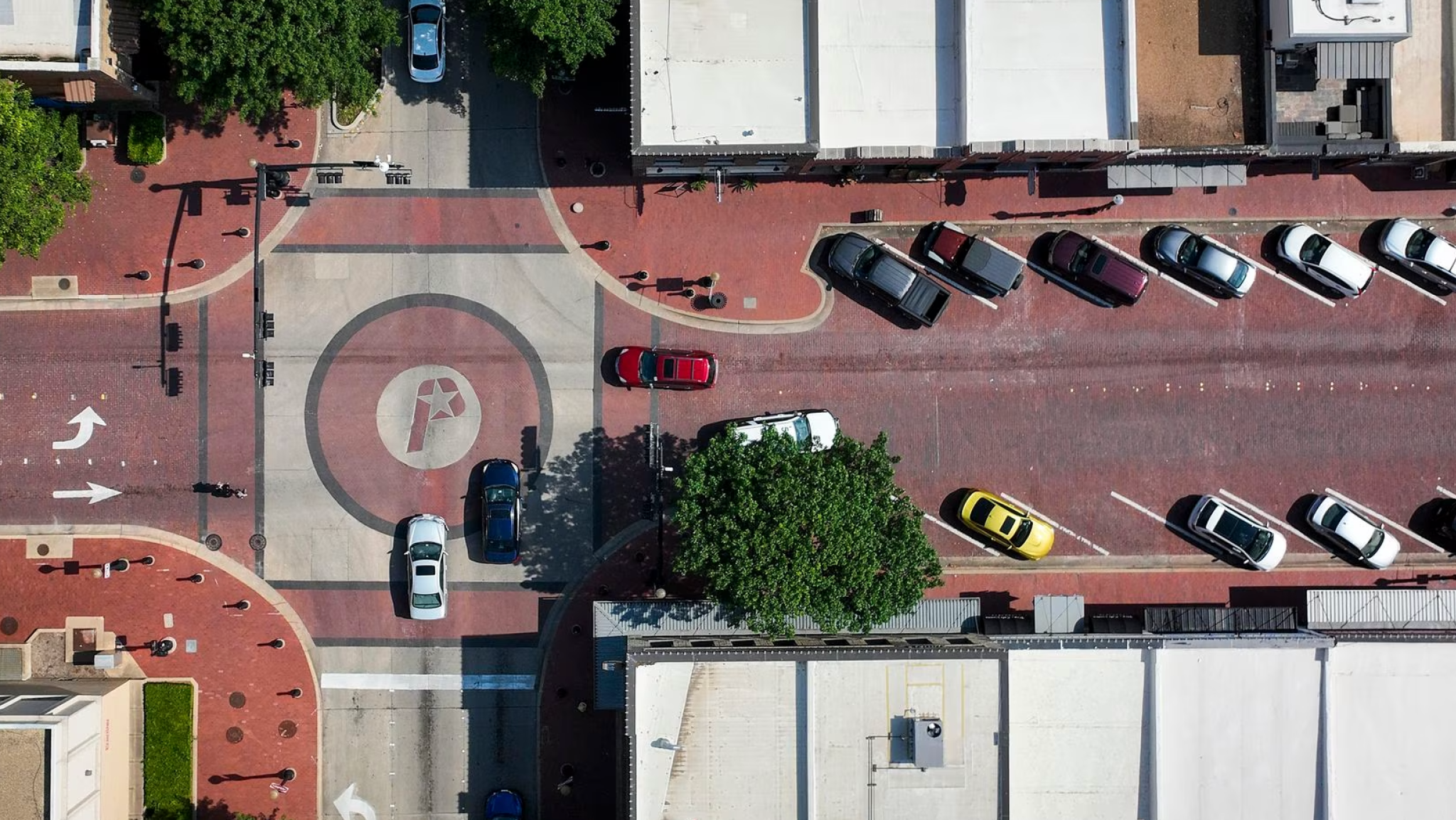Dr. Murat Kantarcioglu talks benefits of privacy and technology with Plano police buying 50 license plate readers

Via Dallas Morning News – Plano police will utilize new controversial license plate camera readers that its law enforcement officials say assist in recovering stolen vehicles and locating abducted children.
The Plano City Council approved at a May 22 meeting the Plano Police Department’s purchase of 40 L5Q and 10 L6Q Motorola deployable license plate reader cameras with a five-year service subscription. The purchase will cost $100,000 annually and total $500,000 through an existing contract.
Other Texas cities, like Dallas and Fort Worth, have implemented similar technology. While license plate camera readers have sparked privacy concerns, Plano law enforcement say they are worth the investment and prove essential for public safety.
“The Plano Police Department has been utilizing ALPR (automated license plate recognition) cameras mounted on vehicles for over a decade,” Plano police lieutenant Glenn Cavin told The Dallas Morning News. “They have since led directly to the recovery of stolen vehicles and the apprehension of many wanted suspects.”
Why privacy is a concern
While various municipalities point to the benefits of the technology, Murat Kantarcioglu, a professor of computer science at UTDallas and director of UTD’s data security and privacy lab, told The News that the cameras present privacy concerns.
“You will be able to track the entire movements of a person,” Kantarcioglu said. “Imagine a scenario that (all of) Plano is covered with these cameras. Then by looking at the license plate readers and the data that stores, I could be able to figure out when this person left his or her home.”
Kantarcioglu said the technology raises additional questions about who has access to the data and for how long.
“What are the protections to protect this potential sensitive data?” he said.
To continue reading the rest of this article, please click here.
ABOUT THE UT DALLAS COMPUTER SCIENCE DEPARTMENT
The UT Dallas Computer Science program is one of the largest Computer Science departments in the United States with over 4,000 bachelors-degree students, more than 1,010 master’s students, 140 Ph.D. students, 52 tenure-track faculty members, and 42 full-time senior lecturers, as of Fall 2022. With the University of Texas at Dallas’ unique history of starting as a graduate institution first, the CS Department is built on a legacy of valuing innovative research and providing advanced training for software engineers and computer scientists.




